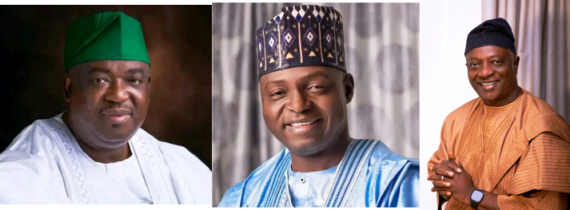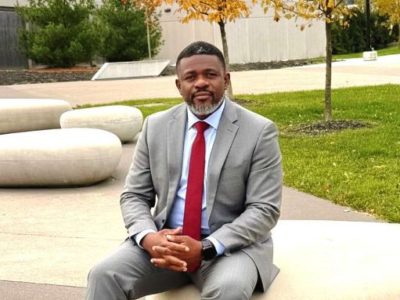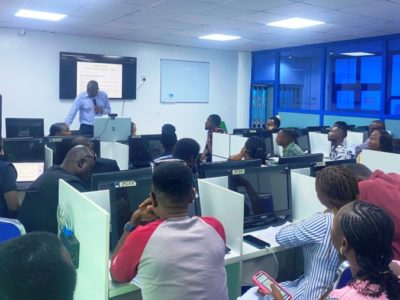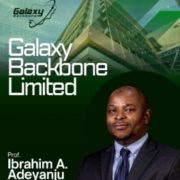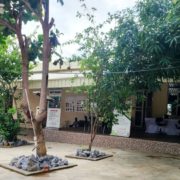By Tracy Yekaghe, Jos
Elections are holding tomorrow in several states across Nigeria to elect governors and members of states’ assemblies.
In Plateau state, just as in other states, campaigns have been both intense and even combative with competing party flag bearers trying to convince the electorates that they have the best deals.
RELATED: Lessons on funding digital skill building from Plateau state for the digital economy
For all the political parties, youth and ICT development are on the agenda to underscore the increasing attention these two sectors have come to occupy in national discourse.
There are three leading gubernatorial candidates in Plateau state battling to take over the seat of government in Rayfield, Jos. They include the gubernatorial candidate of the All Progressives Congress (APC), Dr. Nentawe Yilwatda, that of the Peoples Democratic Party (PDP), Barrister Caleb Mutfwang; and that of the Labour Party (LP), Dr. Patrick Dakum.
The die is cast and tomorrow, voters will decide who will lead them in the next four years.
APC’s Yilwatda has pledged to tackle insecurity, rebuild the economy, remodel government operations around ICT to boost efficiency and digital skillset of civil servants. His plans for ICT are captured under his ACEESS Agenda which covers key development sectors of the economy.
Under the ACEESS Agenda for Digital Economy Infrastructure, Yilwatda, digital system expert, computer lecturer, and a former functionary of the Independent National Electoral Commission (INEC), has itemised to include the following:
- Support Plateau State Information And Communication Technology Development Agency (PICTDA) set up one training center per senatorial zone to prepare the younger generation transit to global ICT-driven jobs and build a digital economy.
- PICTDA will drive digital economy through improving digital skills to increase digital literacy of developers and end-users, provision of digital infrastructure, supporting digital identification system, digital financial services and supporting digital entrepreneurship.
- In conjunction with PICTDA, set infrastructure to use ICT to support Agriculture, Security, Land Management, Revenue Generation and Transparency in Governance.
- Building of digital parks in the state that will have broadband, Network devices, Data and storage infrastructure. We will make Strategic investments to ensure Plateau State has a vibrant digital economy.
- Improve digital connectivity, skills, digital policies and encourage digital platforms.
Labour Party’s Dr. Dakum has also promised to leverage technology to drive developments across sectors particularly in government’s administration and youth development.
“We will make strategic investments to ensure Plateau State has a vibrant digital economy. We will improve digital connectivity, new and soft skills, digital policies and encourage digital platforms,” the campaign office of Dakum told IT Edge News.Africa in Jos.
Dakum, a Public Health, former commissioner and currently the CEO of Institute of Human Virology, Nigeria (IHVN) is driving his campaign around vibrancy of young people, technology and innovation that could occupy young people and alter the state’s economy for good in addition to his agenda for educational empowerment and state-wide security.
PDP’s Barr. Mutfwang has pledged to build on the gains the state has made concerning ICT and expand these to align with Nigeria’s national plans for digital economy.
According to him, his administration will structure all economic and infrastructural projects by utilizing ICT tools. “We will use technology to run inclusive, transparent governance in Plateau,” Mutfwang recently told the media.
The agenda include to set up and manage ICT parks in partnership with private organisations and boost digital skill development among government workers.
A lawyer and former chairman of Mangu LGA, Mutfwang said youth development and ICT are critical to building a robust Plateau state.
He has assured that his administration will deploy the “services of competent and vibrant Plateau youths who are technologically equipped to run an all-inclusive and transparent governance.”

